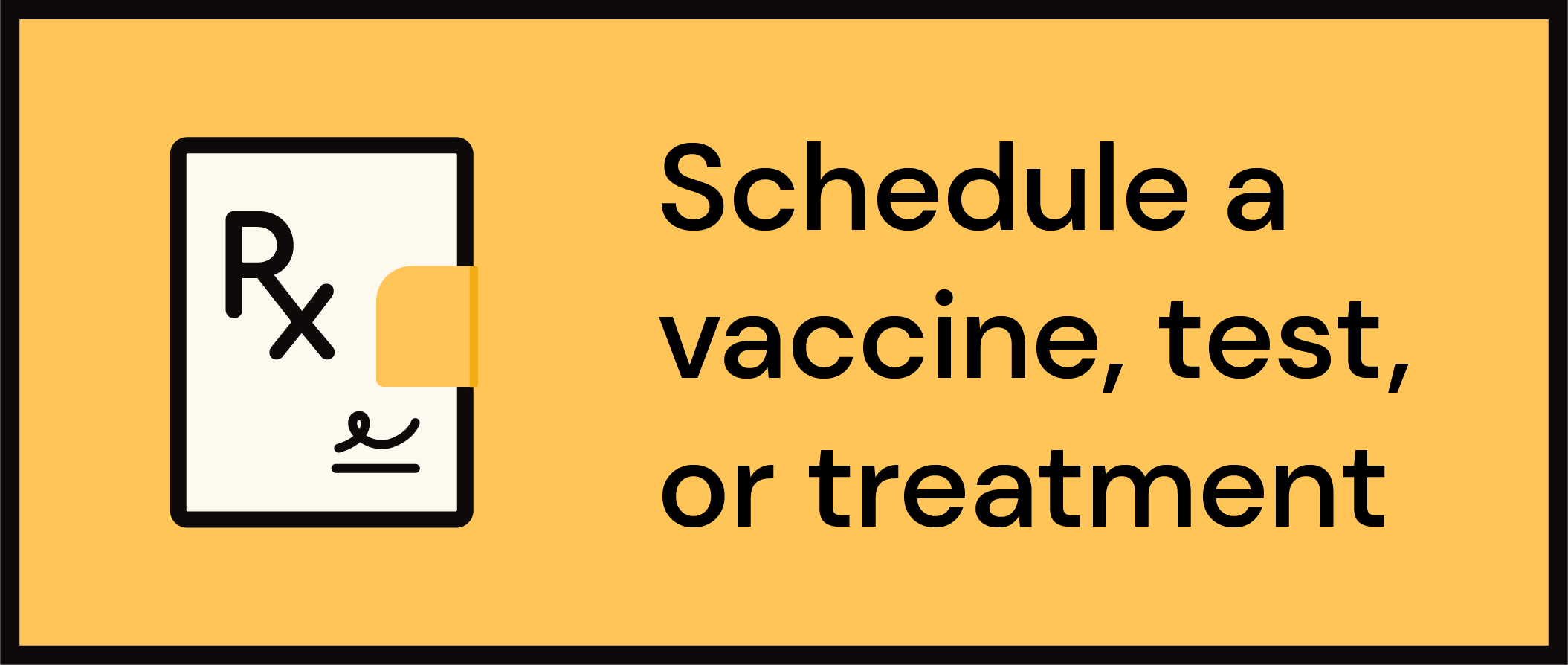Get Healthy!

- Dennis Thompson
- Posted June 7, 2022
Some Younger Women With Early-Stage Breast Cancers Might Skip Radiation
Tens of thousands of breast cancer patients could safely go without radiation therapy after their tumor has been removed, a new study argues.
Gene testing helped doctors identify a group of women who skipped radiation therapy because their cancer showed very low risk of coming back following surgery, according to findings presented Tuesday at a meeting of the American Society of Clinical Oncology (ASCO), held in Chicago.
Forgoing radiation therapy worked out well for them, it turned out.
The patients had a little more than 2% risk of their breast cancer returning, said study leader Dr. Timothy Joseph Whelan, chair of breast cancer research at McMaster University in Hamilton, Ontario, Canada.
Between 10% to 15% of breast cancer patients in the United States and Canada fit this genetic risk profile, he said, meaning that 30,000 to 40,000 North American women a year might be able to skip radiation therapy without worrying about their cancer returning.
"The results are pretty dramatic," Whelan said. "The risk is very low. It's comparable to the risk of developing a new cancer in the other breast. So we feel it could be practice-changing."
Previous studies in women over 70 years of age found that their risk of recurrence was 4% to 5%, according to an ASCO news release. These findings suggest the risk is even lower in younger women with luminal-A breast cancer.
The study involved 500 women aged 55 and older who were chosen to forgo radiation because they had low-grade luminal-A breast cancer, a genetic subtype that is slow-growing and less likely to spread.
An estimated 287,850 new cases of invasive breast cancer are expected to be diagnosed in the United States this year, according to ASCO. Luminal-A is the most common subtype, representing 50% to 60% of all breast cancer cases.
"We've noticed over the last couple of decades that the risk of cancer coming back in the breast has been substantially decreasing," Whelan said. "And this has been attributed to detecting smaller cancers through screening, better surgical techniques and more effective hormonal therapy. So it raised the question: Do women need radiation if they're having surgery and then endocrine therapy?"
The researchers screened women for a protein marker called Ki67, which is associated with more aggressive cancers.
Participants had biomarker results showing that 13.25% or less of their tumor cells carried Ki67. They also had low-grade tumors smaller than 2 centimeters.
Women had their tumors surgically removed, and then began taking hormone therapy to reduce levels of estrogen in their bodies.
After five-years of follow-up, the women who didn't undergo radiation therapy had a 2.3% risk of their cancer coming back in the same breast and a 1.9% risk of cancer developing in the opposite breast, the findings showed.
The overall survival rate for participants was 97%, the researchers reported.
"We believe that we've identified a group of women who could be spared radiotherapy," Whelan said.
Dr. Julie Gralow, chief medical officer for ASCO, said this is wonderful news for this set of women, given the inconvenience, side effects and lasting damage caused by radiation therapy.
"Having treated lots and lots of breast cancer patients over a 25-year career, some patients do well with radiation and others have real-long term problems with breast shrinkage and radiation damage," she said. "I think patients will be very excited about the option of not needing radiation."
The question for doctors now will be whether to use Ki67 or some other biomarker to accurately identify younger women who have a low genetic risk for breast cancer recurrence, Gralow said.
"I think we will all buy there's a whole bunch of people who don't benefit from radiation after lumpectomy," she said. "We can expand that. Previously, we kind of thought that the age cut point was 65 or 70 that you didn't need radiation, and now we're going to lower down to 55."
But, she predicted, the discussion and debate will center on the best way to identify those patients.
"Do you need Ki67? Could there be other ways of predicting that?" she said.
Findings presented at medical meetings should be considered preliminary until published in a peer-reviewed journal.
More information
Tampa General Hospital has more about luminal-A breast cancer.
SOURCES: Timothy Joseph Whelan, MD, chair, breast cancer research, McMaster University, Hamilton, Ontario, Canada; Julie Gralow, MD, chief medical officer and executive vice president, American Society of Clinical Oncology, Alexandria, Va.; presentation, American Society of Clinical Oncology meeting, June 7, 2022








